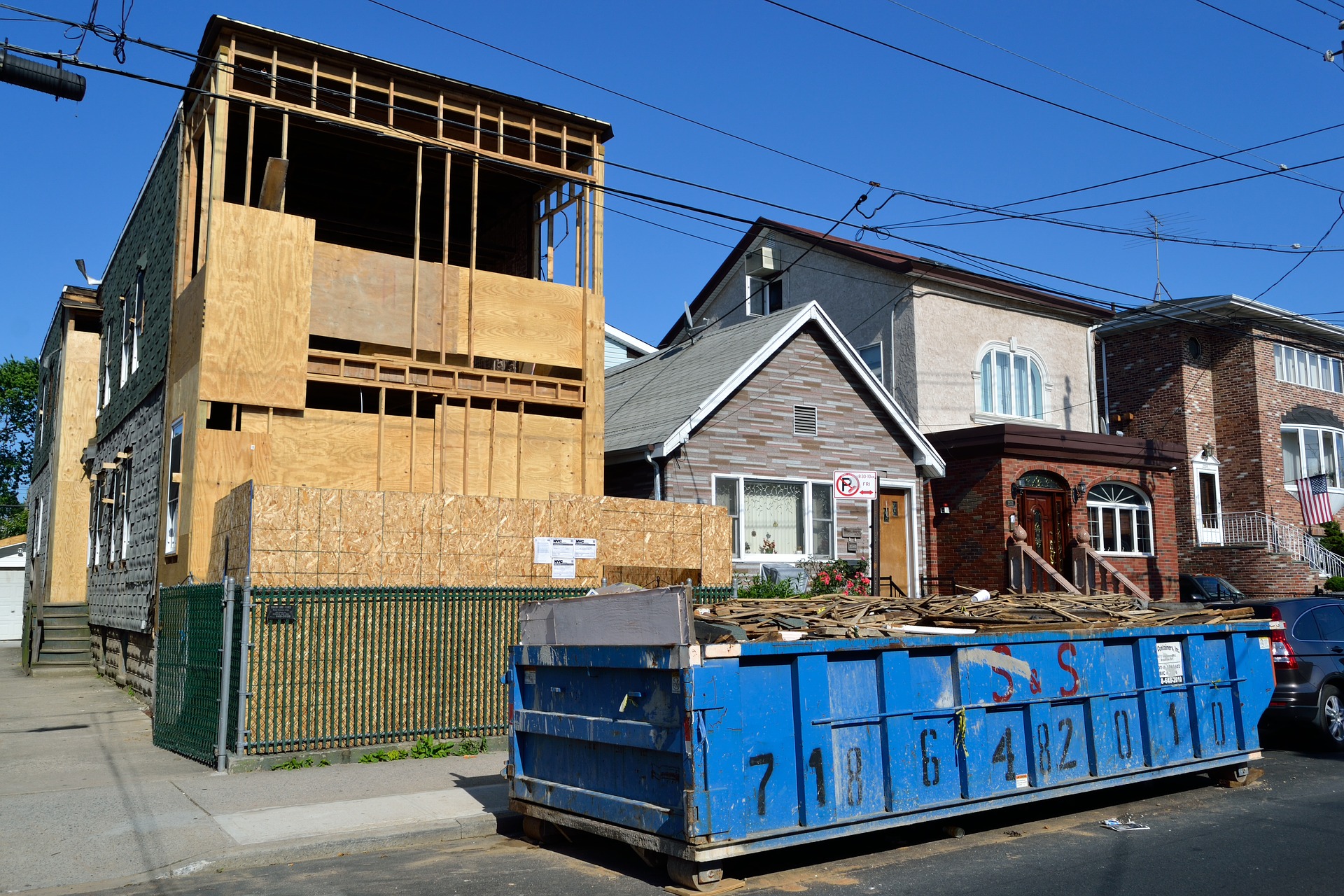|
Collaboration at Work: Local Universities Partner to Generate Housing Impact Study
In an effort to foster economic growth and bolster families and communities, Governor McAuliffe helped establish the Housing Policy Advisory Council (HPAC) in October of 2014. Under the supervision of the Secretary of Commerce and Trade, HPAC commissioned a housing impact study from four Virginia Colleges. Through this collaboration of data and bright minds from Virginia Tech, Virginia Commonwealth University, George Mason, and The College of William and Mary, the Virginia Coalition of Housing and Economic Development Researchers was born.
Economic and Housing Impact Findings
The collaboration’s key findings for the November 2017 report conclude that to remedy current housing needs and prepare for the future, Virginia needs to become more independent from the federal government, particularly as an answer to funding. It is projected that substantial federal devolution is expected. Therefore, more than ever there is an increased need for collective impact work from private, public, and philanthropic sectors.
Currently, the housing industry supports 8% of jobs, and is the 6th largest private sector industry, generating $47.8 billion in economic activity. Housing is vital because it correlates with the health of the current residents, keeps the region viable to connect with new economic opportunity, and retains a talented workforce.
Indications and Steps Forward

Economic efficiency is largely determined by a region’s development patterns, transportation structure, and housing opportunities. In the next ten years, Virginia foresees that 350,000 new entry level millennials will enter the workforce and be in the market for affordable rentals and home-ownership opportunities which currently don’t exist. Today, one in three households are cost burdened, or spending over 30% of their income on housing. Furthermore, one in ten is severely cost burdened and spending over 50% on housing. Strained housing makes for struggling families and individuals.
This is enormously stressful on the family unit, and can lead to poor emotional development and cognitive achievement in the upcoming generations. If we want a thriving region and talented localized workforce, we must ensure that proactive development strategies are put in place.
The collaboration projects that if focus is put on encouraging location-efficiency, developing a localized labor force, embracing technology, and proactive policy and planning, Virginia can navigate the rocky housing crisis that is facing many large cities and housing markets.
|

